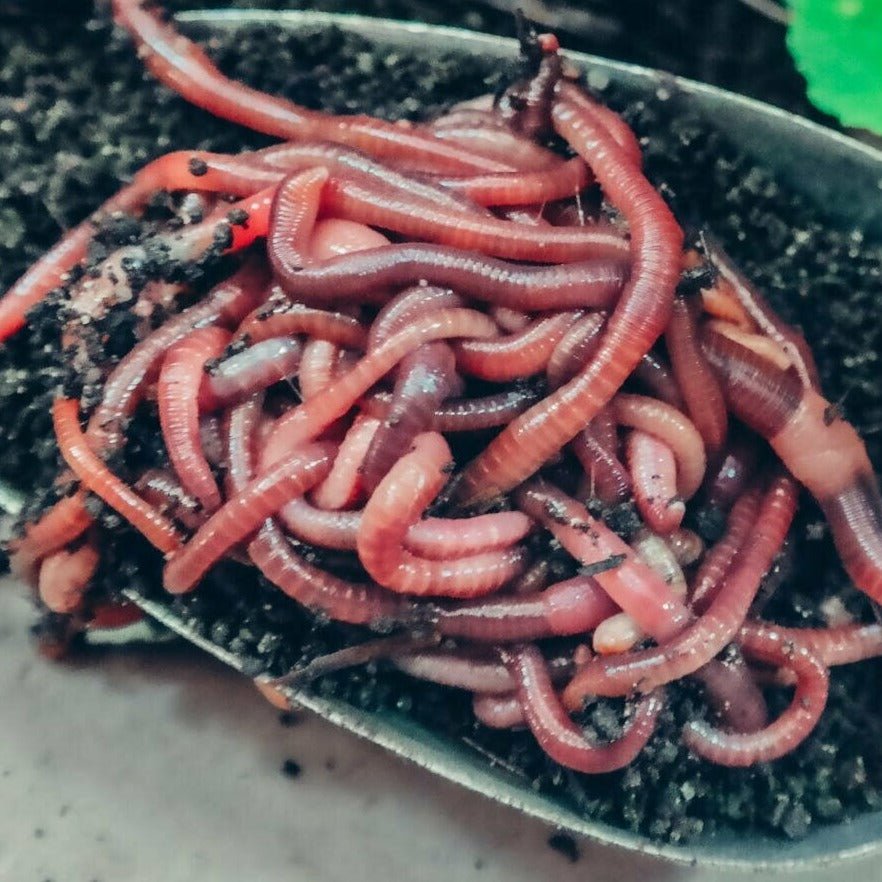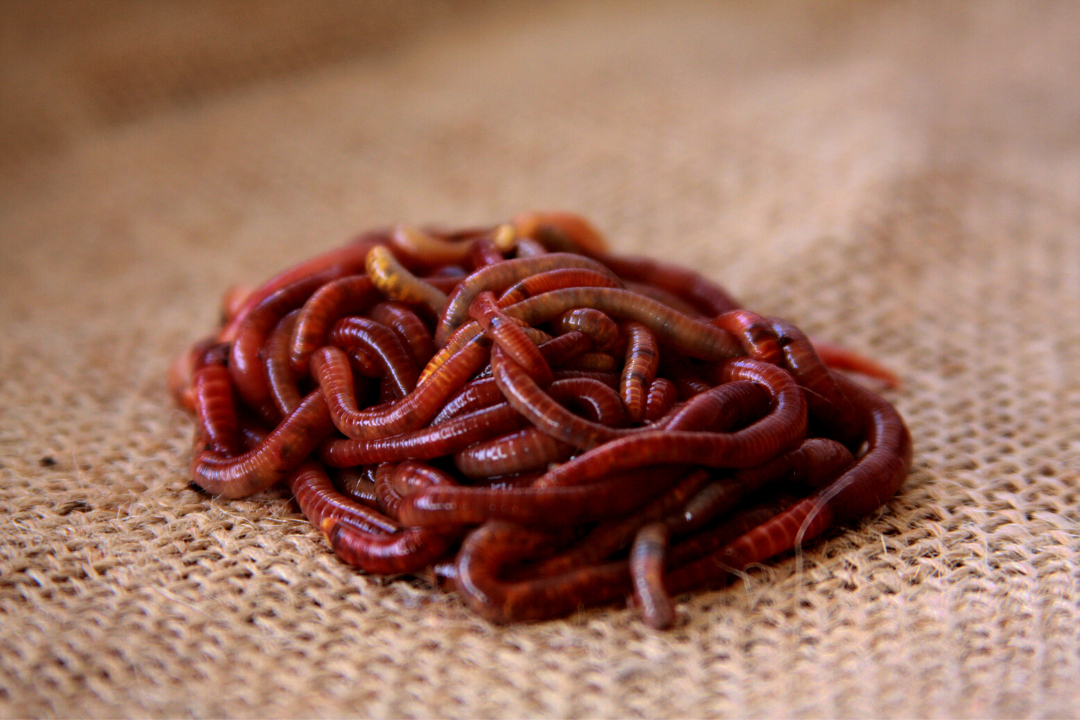Red Wigglers 101: Whatever You Need to Know for Thriving Gardens
Red wigglers, or Eisenia fetida, play an important function in lasting gardening techniques, acting as reliable decomposers that transform natural waste into valuable vermicompost. Comprehending their environment, dietary preferences, and the myriad advantages they offer can change your horticulture method (Red Wiggler Express). As these worms grow in specific problems, their care and administration are important for maximizing their contributions to dirt wellness. The concern stays: what steps can you take to harness the full possibility of these remarkable microorganisms in your very own garden?
Recognizing Red Wigglers

Red wigglers prosper in environments rich in natural material and wetness. Red Wiggler Express. They have a distinct digestion system that allows them to refine food scraps promptly, secreting spreadings that are loaded with crucial nutrients such as nitrogen, phosphorus, and potassium. These castings enhance dirt structure, improve water retention, and foster beneficial microbial activity, all of which add to robust plant health
In addition, red wigglers can survive in diverse problems, making them adaptable to different horticulture practices, including interior and outside composting systems. Their ability to take in big amounts of natural waste day-to-day placements them as valuable allies for both home gardeners and industrial cultivators. By including red wigglers right into horticulture efforts, one can dramatically enhance soil fertility and support sustainable gardening methods.
Perfect Environment for Red Wigglers
Creating an optimal atmosphere for red wigglers is crucial for optimizing their composting capacities and overall health and wellness. Red wigglers grow in moist, dark, and well-aerated environments, which closely resemble their natural atmospheres in fallen leave clutter and decomposing raw material. A suitable habitat should supply a temperature level range between 55 ° F and 77 ° F(13 ° C to 25 ° C), as extreme temperatures can worry or damage the worms.
The bedding material, such as shredded newspaper, cardboard, or coconut coir, ought to be kept wet however not overly wet, as too much dampness can result in anaerobic conditions harmful to worm health. Furthermore, a pH degree in between 6.0 and 7.5 is perfect, guaranteeing a well balanced atmosphere.
Proper aeration is just as crucial; it permits oxygen flow and stops the buildup of harmful gases. A container or bin designed for vermicomposting must have drainage holes to remove excess dampness and promote air flow. Regular monitoring of these problems is essential for preserving a thriving red wiggler populace, eventually enhancing their performance in breaking down natural waste and enriching yard soil.
Dietary Requirements and Preferences

Red wigglers exhibit specific choices; they are particularly keen on softer, breaking down products over harder or more fibrous compounds. It is crucial to avoid feeding them citrus peels, onion, and garlic in large quantities, as these can be dangerous. In addition, meat, dairy, and oily foods ought to be excluded, as they can bring in parasites and create undesirable smells.
Advantages of Making Use Of Red Wigglers
The amazing benefits of utilizing red wigglers in horticulture prolong much past their function in composting. These versatile microorganisms add substantially to dirt health and wellness, enhancing vitamins and mineral availability and advertising microbial task. By freshening the soil as they delve, red wigglers enhance drainage and root penetration, developing an ideal setting for plant development.
Additionally, red wigglers are efficient recyclers of organic waste, transforming it right into nutrient-rich castings that function as a superb natural plant food. These castings consist of useful bacteria and necessary nutrients, such as nitrogen, phosphorus, and potassium, which are important for plant development. The slow-moving my website release of nutrients from worm spreadings guarantees a steady supply, minimizing the danger of nutrient leaching and promoting lasting gardening techniques.
Utilizing red wigglers cultivates a more sustainable gardening strategy by minimizing reliance on chemical plant foods and promoting a closed-loop system, where waste is changed right into useful resources. On the whole, integrating red wigglers into gardening methods offers a wide range of eco-friendly and agricultural benefits.
Composting With Red Wigglers

To initiate a successful vermicomposting system, choose an appropriate container with proper ventilation and water drainage. The perfect atmosphere for red wigglers consists of a damp, dark setup with temperature levels between 55 ° F and 77 ° F. Begin by layering shredded paper, cardboard, and food scraps, making certain a balanced mix of carbon and nitrogen-rich products.
Red wigglers thrive on vegetable peels, fruit scraps, coffee premises, and eggshells, while avoiding meat, milk, and oily foods that can draw in bugs. Regularly monitor wetness levels; the bed linen needs to perspire yet not soggy. Harvest worm spreadings every few months by separating the worms from the garden compost, which can then be made use of straight in yards or kept for later use.
Implementing vermicomposting not just lowers garbage dump waste however also improves garden soil, promoting healthy and balanced plant development and lasting gardening methods. Accept this green method to improve your gardening ventures.
Verdict
In summary, red wigglers are essential microorganisms for enhancing yard productivity with reliable composting. By using red wigglers, garden enthusiasts can substantially improve dirt quality and nutrient availability, cultivating healthier plant growth.
Comments on “Red Wiggler Express: The Best Source for Quality Worms and Bait”